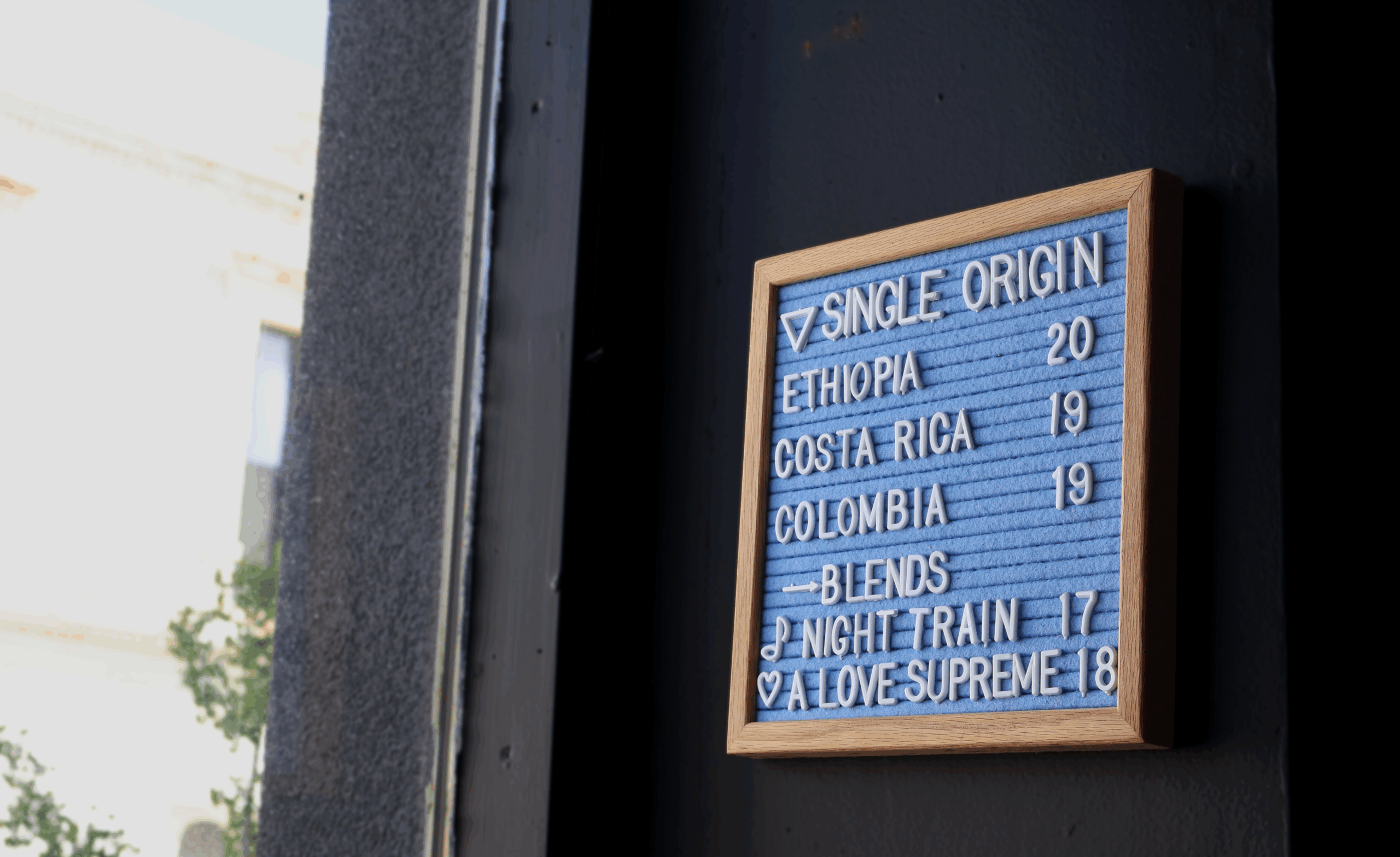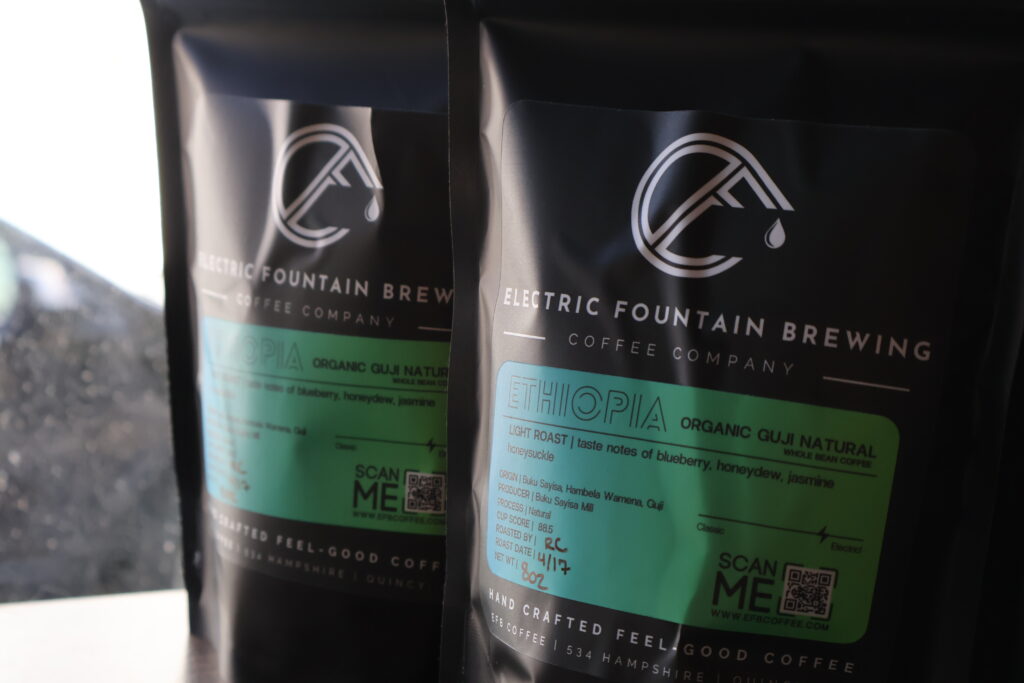The cost of a cup of coffee: Tariffs come to Quincy

President Donald Trump has worked this year to fulfill his campaign promise of levying tariffs on foreign countries, but also announcing and cancelling tariffs on various countries since February.
Supporters say that tariffs will bring business back to American soil and reduce trade deficits, while critics argue they negatively impact consumers and wreak havoc on the economy.
So who pays? Tariffs aren’t paid by foreign businesses or governments, rather, by the Americans importing their goods.
“If we go back to the trade war in 2018, there is a body of research showing that most of the impact of these tariffs was borne by consumers and firms inside the United States,” said economist Rodrigo Adão, an associate professor of economics at the University of Chicago Booth School of Business.
But rather than just study the theory, Muddy River News talked to local Quincy coffee and tea shops to see how the tariffs are impacting their business.
Why do warm beverage suppliers serve as an ideal case study? The climate in the United States makes it difficult to produce coffee and tea, so almost all of the materials are imported. Coffee is produced mainly in Brazil, Vietnam, and Colombia, while most tea comes from China. China also supplies many of the cups, lids, syrups and sweeteners utilized in coffee shops.
These countries are all being currently tariffed or have been threatened with future tariffs. As of April 10, there is a 145% tariff on all Chinese imports to the US. Brazil and Vietnam both have a 10% tariff, and Vietnam has a 46% tariff delayed until July 9.
Jackie Schlipmann, who works at the Quincy Tea Co., mentioned that not all suppliers changed their prices, but “the ones who have increased have increased quite a lot.” She also mentioned they are seeing many issues with the supply chain. “We’re seeing more out of stock that was never a problem before.” Almost all of their tea comes from China: all of the green tea, matcha, and black teas.
Schlipmann said that pricing for the consumer may need to change in the future when they run out of current supplies. “What we have now either has not been impacted by tariff pricing, or we bought it pre-tariff. There are items that we’re carrying that if we reorder now, the price would be dramatically different.”
At Bailey’s Coffeehouse and Fudge Shop, owner Amy Hendrian noted that “the coffee has risen to about $1.51 extra per pound. That’s been huge.” She also is having supply chain issues, noting things have been “extremely delayed.”
Currently, Bailey’s is taking on the extra cost themselves, but she is not sure how long they can maintain this. “It is something weighing heavy on my heart, where I don’t want to raise prices,” she said.
Calftown Coffeehouse owners Margarita Oguilve and Bill Burns also expressed the desire to keep their costs down.
“Oh my goodness,” said Oguilve, “how are we going to absorb all of these [costs]?”
But the fluctuation of the tariffs have made it difficult to know what the future holds.
“Because the uncertainty of the policy… one day it is, and the next day it is not, and then it’s back on, it’s high and then it’s low… it’s not helpful.”
Oguilve acknowledged that some people think coffee can be grown in the states, in Hawai’i for example. But there is a low supply of Hawaiian coffee, leading to unattainable prices. “That’s expensive,” stated Oguilve, “It’s a luxury,” and not a feasible luxury with the amount they prepare every day.
Tempestt Christian from Electric Fountain Brewing said that because they buy in bulk, they have not had to purchase coffee recently, and they are hoping the tariffs will not stick around by the time they need to resupply.
Debbie Carter from Carter’s Coffee Bar said in an email, “thankfully at this time we have had no issues with cost changes because of tariffs,” but did not elaborate further.
Burns is hopeful that change is on the horizon. The United States National Coffee Association is petitioning the government in hopes of removing coffee tariffs, similar to how electronics are spared from the tax.
“I’m optimistic,” he said. “People run on coffee in America.”

Miss Clipping Out Stories to Save for Later?
Click the Purchase Story button below to order a print of this story. We will print it for you on matte photo paper to keep forever.

